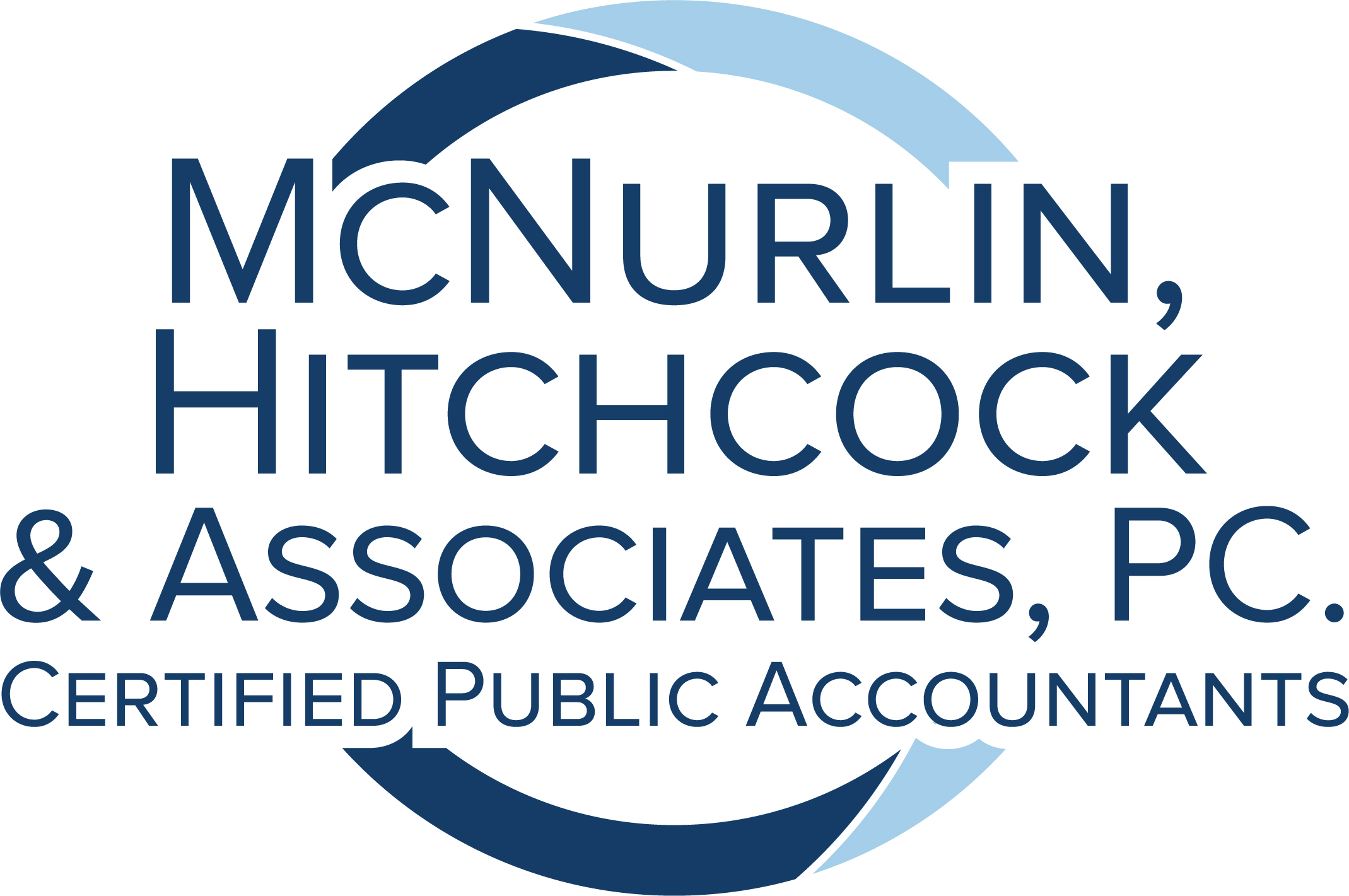January 2020 Newsletter
Quote of the month: “The beginning is the most important part of the work.” ~ Plato
Mileage Rates for 2020
The Internal Revenue Service issued the 2020 optional standard mileage rates that taxpayers and tax professionals can use to calculate the deductible costs of operating an automobile for business, charitable, medical or moving purposes.
Starting on Jan. 1, 2020, the standard mileage rates for the use of a car (along with vans, pickups or panel trucks) will be:
- 57.5 cents per mile driven for business use, down half a cent from the 2019 rate;
- 17 cents per mile driven for medical or moving purposes, down three cents from the 2019 rate; and
- 14 cents per mile driven on behalf of charitable organizations.
Colorado Minimum Wage
Minimum wage increased in 26 states and the District of Columbia in 2020 and those states including Colorado. Effective January 1, 2020, the statewide minimum wage rose to $12/hour. In addition, a new state law allows local governments to set higher wages and Denver did so in November, bumping the city’s minimum wage up to $12.85/hour on Jan. 1 with a second raise to $14.77 in 2021 and a third to $15.87 in 2022.
Extender Legislation
Last month we had a discussion on the “Secure Act” which was signed into law on December 19, 2019. That same week, the President also signed into law the Taxpayer Certainty and Disaster Tax Relief Act of 2019 aka the “Disaster Act” as part of the spending package. While the Secure Act focused on retirement and savings, the Disaster Act focuses on extending over 30 provisions that had originally expired at the end of 2017.
The extended provisions include a provision that allows the treatment of mortgage insurance premiums as qualified residence interest and a provision to reduce the floor for medical deductions. It also included a provision to extend many credits which had formerly expired. While many taxpayers are phased out from using these provisions, those of you who do qualify would benefit from amending your 2018 tax return to include these newly allowed deductions.
The Disaster Act also included many provisions to allow for more time and flexibility for individuals and businesses located in a disaster area. It also provided a temporary suspension of limitations on charitable contributions and repealed excise taxes and fees associated with medical device purchases and certain insurance plans.
Business Entity Selection and Review
Choosing a business entity is a critical step in launching a successful business. Over time, however, businesses evolve, and a different legal business structure may be more advantageous than the one originally selected. There are many types of business entities, each with its own pros and cons. Your choice can greatly affect the way you run your business and have an impact on taxes and control over the company.
The key is to determine the structure which gives your business the most advantages while retaining a focus on your personal goals. The most common business entity types are:
- Sole Proprietorship – Simplest form of business entity where one person is responsible for all profits and losses of the company. It does not provide for separation between personal and business reporting as activity is reported on the individuals Form 1040; Schedule C.
- Partnership – Similar to the sole proprietorship, a partnership has two or more individuals responsible for profits and losses. This is a good structure for individuals who want to go into business together with a relatively straight forward structure but no legal separation.
- Limited Liability Company – The LLC is a hybrid structure generally only recognized at the State level. It allows owners to limit personal liabilities while enjoying the flexibility of a partnership or electing to “check the box” to be taxed as an S-Corporation.
- S-Corporation – S or “small” corporations allow shareholders to have a legal separation of the business while still maintaining the tax benefits of the pass through structure.
- C-Corporation – C-Corporations are separate entities. They have legal rights, independent of any owners. Corporations are owned by shareholders and they are responsible for all taxes and actions. Nonprofit corporations and homeowner associations also fall into this category with a special allowance for tax exemption on certain income.
We recommend a thorough discussion when initially setting up a business and a periodic review of your business entity selection to ensure proper classification as tax laws and your business plan evolves.
Use it or Lose it Rules
If you work for an employer who has offered a Flexible Spending Account (aka Flexible Spending Account or cafeteria plan) be sure to use any amounts you set aside. Unused cafeteria plan amounts left over at the end of a plan year must generally be forfeited (use-it-or-lose-it rule). A cafeteria plan can provide an optional grace period immediately following the end of each plan year, extending the period for incurring expenses for qualified benefits to the 15th day of the third month after the end of the plan year. Benefits or contributions not used as of the end of the grace period are forfeited.

